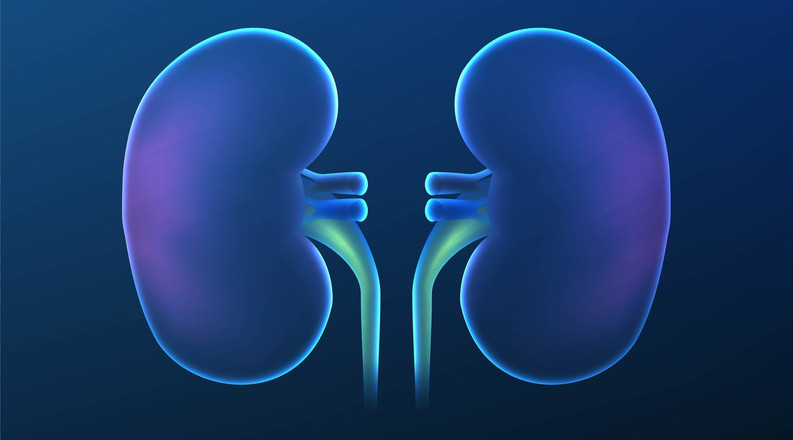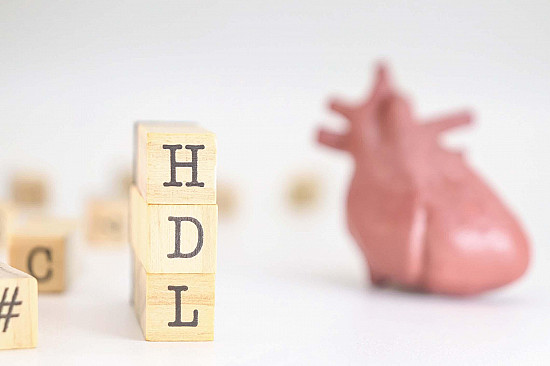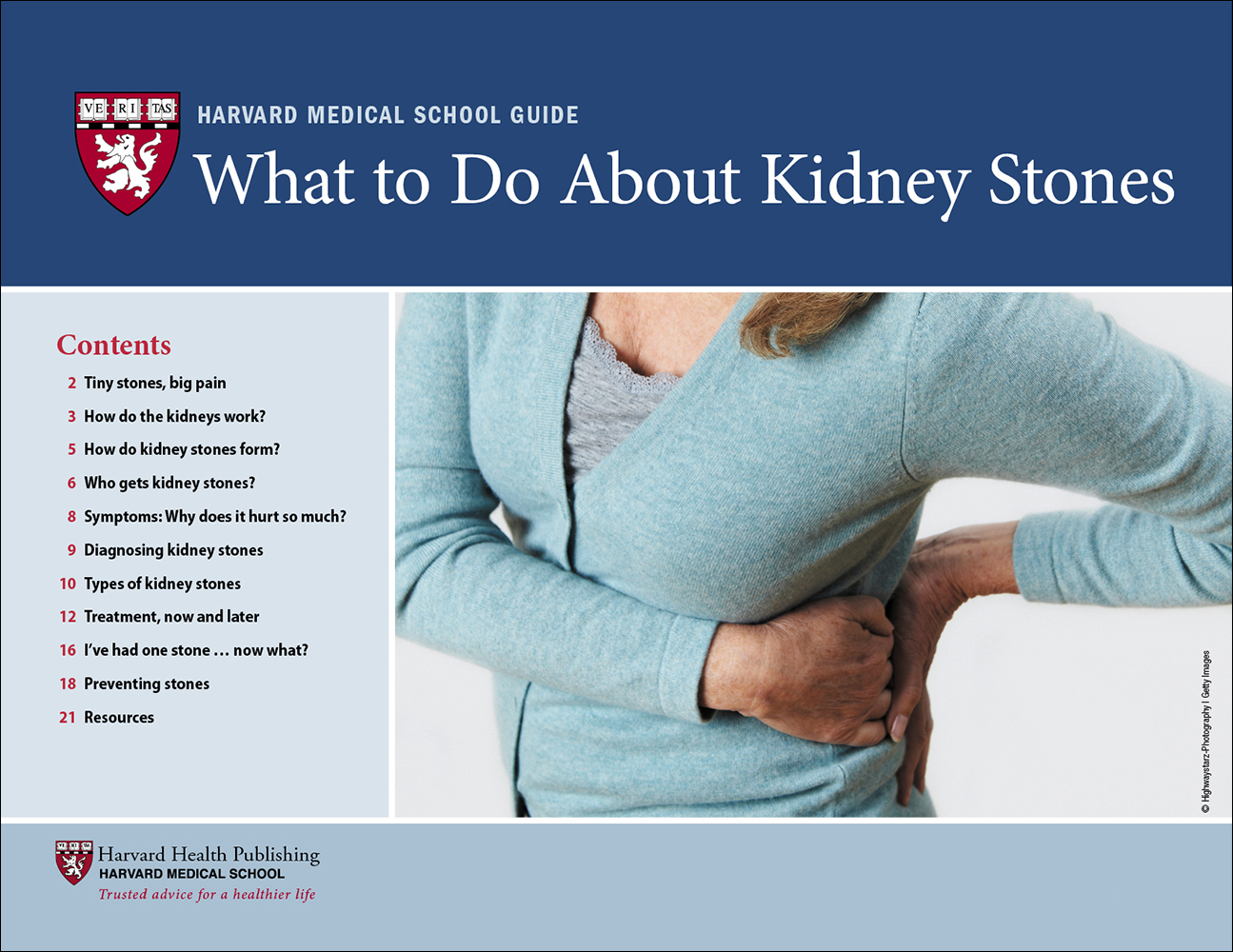Weak kidneys? Pay attention but don't worry excessively
Kidneys have lots of reserve, but getting ahead of small decreases in function prevents later damage.
- Reviewed by Adam Kibel, MD, MHCM, Editorial Advisory Board Member, Harvard Health Publishing

You often hear older people say I have weak kidneys. That doesn't mean they can't do their job or are destined to fail. But it does indicate you have some form of chronic kidney disease. The kidneys — the body's blood-filtering urine factory — have less capacity to filter toxins from the blood and excrete them in the urine.
How the kidneys work
Every day, a healthy kidney filters a total of about 200 quarts of blood, removing waste products, excess water, and certain chemicals. If the kidneys didn't keep things in balance, you would slowly poison yourself.
The kidneys have a remarkable ability to keep working despite changing conditions, like drops in blood pressure. The tiny filtering tubes in the kidney, called glomeruli, adapt in various ways.
In a serious health crisis, the kidneys may shut down completely as a defensive move to keep fluids in the body. That's called an acute kidney injury, and it happens frequently to people who are hospitalized.
What causes low kidney function?
Half of U.S. adults over 75 may have below-normal kidney function. Most of them will never get sick from it.
Several conditions or factors can injure the kidneys, leading to lower kidney function and possible chronic kidney disease. These include:
- diabetes
- smoking
- excessive alcohol consumption
- uncontrolled hypertension
- high cholesterol
- in addition, some medications can injure the kidneys.
If you are leading a heart-healthy lifestyle (regular exercise and a nutritious plant-based diet), that will help protect your kidneys.
How low is low?
A healthy kidney filters wastes from the blood at a rate of 90 milliliters (ml) per minute or more. This is known as the glomerular filtration rate, or GFR. With time, many men's kidneys start to slip, but function must decline quite a lot before you start to really feel the impact. You feel fine up to the point that kidney function is almost gone, which means you can lead a normal life with reduced kidney function.
On the other hand, lack of early warning from symptoms can deny you the chance to slow the slide. Most people don't start feeling really ill until kidney function is under 10%.
How is kidney function tested?
As part of standard blood tests, your doctor can check the creatinine level to assess kidney function. Creatinine is released from muscle cells into the bloodstream.
Creatinine is one of the things that the kidneys filter from the blood. If the kidneys start to lose some function, blood creatinine level rises. The creatinine level is used to calculate an estimate of the GFR and provide an estimate of your kidney function.
Most people who have a minor reduction in kidney function can take steps to not keep the kidneys from getting worse. If the function is somewhat low but stable, you may need to see your doctor only once per year. If the GFR is declining or it is already under 50, it's best to see a kidney doctor.
How high blood pressure damages the kidneys
High blood pressure can cause tiny cracks in the lining of arteries, which provide a breeding ground for fatty deposits that hamper blood flow. As the arteries that feed blood to the kidneys narrow, the body produces renin, a hormone that makes small arteries narrow further. This worsens high blood pressure, causing even more kidney damage. Over time, restricted blood flow can damage or destroy the nephrons, the tiny filtering units inside your kidneys.
How to protect your kidneys and improve kidney function
If kidney function begins to decline, you can take the following steps.
Keep your blood pressure and blood sugar within norms
This will help slow the decline in kidney function. In particular, keep blood pressure below 130/80.
Lower your cholesterol
Taking a statin medication to lower "bad" LDL cholesterol may help to protect the kidneys. Also, individuals with reduced kidney function are at greater risk for cardiovascular disease, so reducing cardiac risk factors is important.
Consider medication
Certain prescription medications can protect the kidneys. The ones that physicians often use for this purpose are angiotensin converting enzyme (ACE) inhibitors, angiotensin-receptor blockers (ARBs), and SGLT2 inhibitors. These drugs lower pressure in the kidney filters and limit further damage.
Eat a plant-based diet; limit protein intake
Plant-based proteins rather than animal-based proteins may put less strain on weak kidneys.
Use NSAIDs with caution
Nonsteroidal anti-inflammatory drugs (NSAIDs), such as ibuprofen and naproxen, interfere with kidney function. Taking them when you are also depleted of fluids can lead to kidney shutdown and possibly hospitalization. For pain relief, acetaminophen (no more than 3,000 milligrams per day) is safer. If you must take an NSAID, be sure to drink plenty of water.
Image: Undefined Undefined/Getty Images
About the Reviewer

Adam Kibel, MD, MHCM, Editorial Advisory Board Member, Harvard Health Publishing
Disclaimer:
As a service to our readers, Harvard Health Publishing provides access to our library of archived content. Please note the date of last review or update on all articles.
No content on this site, regardless of date, should ever be used as a substitute for direct medical advice from your doctor or other qualified clinician.
















